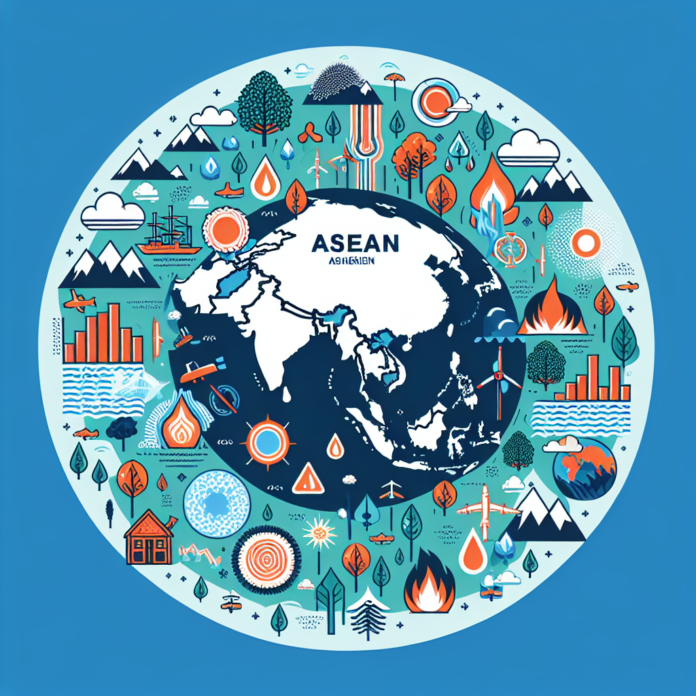ASEAN Collaboration Essential for Addressing Climate Change and Disaster Risks
ESCAP: ASEAN Must Collaborate To Combat Impacts Of Climate Change and Disaster Risk
According to the United Nations Economic and Social Commission for Asia and the Pacific (ESCAP), the Association of Southeast Asian Nations (ASEAN) must enhance its collaboration to effectively address the growing challenges posed by climate change and disaster risk. The region is particularly vulnerable to climate-related disasters, which have been exacerbated by rising global temperatures and extreme weather patterns.
ESCAP emphasizes that collective action is essential for ASEAN countries to mitigate the adverse effects of climate change. This includes sharing best practices, enhancing regional disaster preparedness, and implementing sustainable policies that prioritize environmental protection and resilience.
Importance of Regional Cooperation
Climate change knows no borders, and its impacts can ripple across nations, making regional cooperation indispensable. ASEAN member states are encouraged to engage in joint initiatives that focus on early warning systems, disaster risk reduction, and climate adaptation strategies. By pooling resources and knowledge, countries can build a more robust framework to tackle these pressing issues.
Investment in Sustainable Infrastructure
To combat the effects of climate change effectively, ESCAP advocates for significant investments in sustainable infrastructure. This includes developing climate-resilient buildings, improving water management systems, and transitioning to renewable energy sources. Such investments not only help mitigate climate risks but also promote sustainable economic growth and job creation in the region.
Community Engagement and Education
Community engagement plays a critical role in enhancing resilience to climate change. ESCAP calls for increased awareness and education programs that empower local communities to understand and respond to climate-related risks. By fostering a culture of preparedness and sustainability, individuals and local organizations can contribute to broader national and regional efforts.
International Collaboration and Funding
Furthermore, ESCAP underscores the importance of international collaboration and funding in addressing climate change. ASEAN nations are encouraged to seek partnerships with global organizations and seek financial assistance to implement climate adaptation and mitigation projects. This collaboration can lead to innovative solutions and access to advanced technologies that could further enhance the region’s resilience.
Conclusion
In conclusion, ESCAP’s message is clear: ASEAN must unite to confront the growing threats posed by climate change and disaster risks. By collaborating on regional initiatives, investing in sustainable infrastructure, engaging communities, and seeking international support, ASEAN countries can build a more resilient future. The time for action is now, and a collective approach is essential for safeguarding the environment and ensuring the well-being of future generations.


